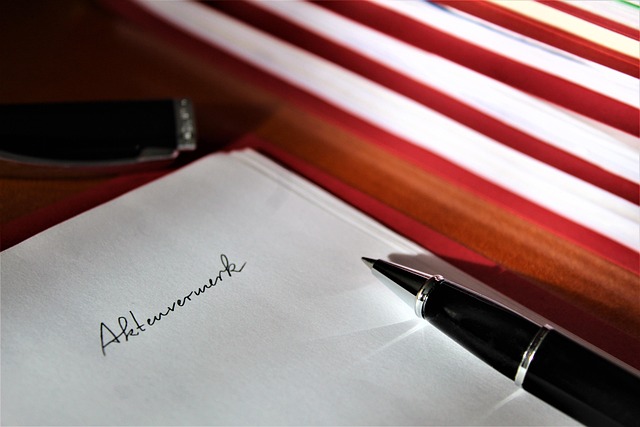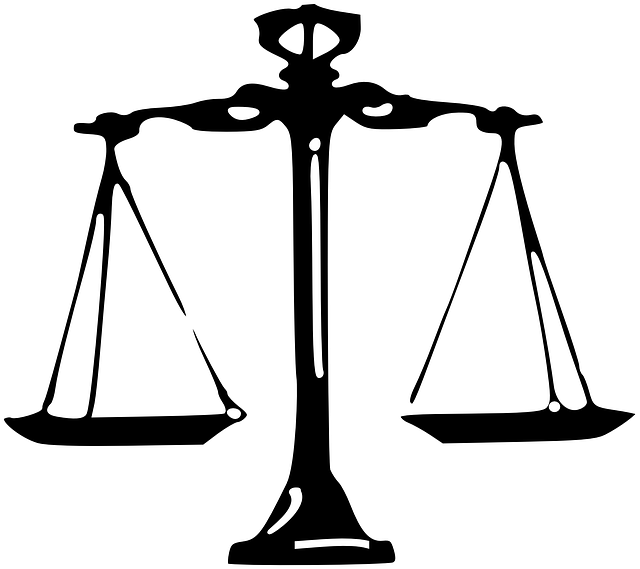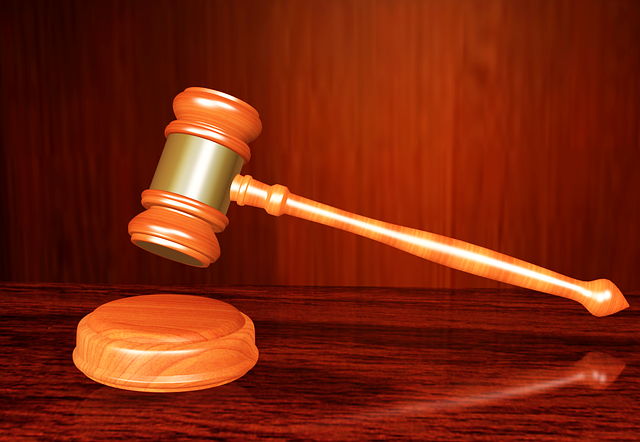Understanding the burden of proof is key to navigating litigation, influencing verdicts in civil and criminal cases. In civil suits, plaintiffs must prove claims beyond a reasonable doubt, while defendants need only a preponderance of evidence. This dynamic requires strategic approaches, leveraging expert witnesses to meet stringent legal standards, ensuring justice based on substantial evidence. Mastering the burden of proof is crucial for positive outcomes, especially in complex white-collar and economic crime cases.
Litigation Support Services play a pivotal role in shaping legal outcomes, particularly through understanding the burden of proof. This article delves into the intricate relationship between the burden of proof and verdict formation, exploring its profound impact on case presentations. We examine strategies to strengthen arguments, focusing on expert witnesses and evidence. By dissecting these elements, we uncover how they influence jury decisions, ultimately revealing effective tactics to optimize legal strategies in litigation. Learn how mastering the burden of proof can alter verdicts.
- Understanding Burden of Proof in Litigation
- Impact on Verdict Formation Process
- Role of Expert Witnesses and Evidence
- Strategies to Strengthen Case Presentations
Understanding Burden of Proof in Litigation

In any litigation, understanding the burden of proof is paramount for both plaintiffs and defendants alike. The burden of proof refers to the legal obligation of a party to provide sufficient evidence to support their claims or defenses. It dictates what level of certainty the jury or judge must have to render a verdict in favor of one party over the other. Across the country, the concept plays a pivotal role in winning challenging defense verdicts, especially in white-collar defense cases where intricate financial and legal complexities are involved.
How Burden of Proof Affects Verdicts is profound. When the burden lies with the plaintiff, they must prove their case “beyond a reasonable doubt,” which is the highest standard. Conversely, defendants bear the lower threshold of “a preponderance of evidence,” meaning they need to convince the fact-finder that their version of events is more likely correct. This difference significantly impacts case outcomes, as it requires plaintiffs to present compelling and nearly irrefutable evidence while defendants focus on raising reasonable doubts or presenting counterarguments that tip the scales in their favor.
Impact on Verdict Formation Process

The burden of proof is a pivotal aspect that significantly influences the verdict formation process in litigation support services. It dictates the level of certainty required to convict or acquit an individual, thereby playing a crucial role in ensuring justice. In criminal cases, this concept is particularly critical, as it sets the standard for establishing guilt beyond a reasonable doubt. This standard requires prosecutors to present compelling evidence, addressing each element of the charged offense, which can significantly impact the outcome.
Understanding how the burden of proof affects verdicts is essential for both general criminal defense attorneys and clients alike. An attorney’s ability to challenge evidence, highlight inconsistencies, and raise reasonable doubts in the minds of jurors can lead to unprecedented track records of successful defenses. For his clients, this means protection from wrongful convictions and a fair trial, ultimately shaping the integrity of the legal system.
Role of Expert Witnesses and Evidence

In litigation support services, expert witnesses play a pivotal role, offering specialized knowledge to clarify complex matters for judges and juries. Their testimony can significantly influence the outcome of high-stakes cases, whether they involve general criminal defense or corporate and individual clients. By providing in-depth analysis and insights, these experts help meet the stringent burden of proof required in court proceedings.
The burden of proof affects verdicts by setting the bar for the strength of evidence needed to convince a jury of a case’s merits. In civil cases, this standard is typically “beyond a reasonable doubt,” while in criminal cases, it’s often “guilt beyond a reasonable doubt.” Expert witnesses aid in navigating these standards by presenting compelling and well-researched evidence that either supports or challenges the claims made by each party. This ensures that justice is served in accordance with the legal requirements and the specific nuances of each case.
Strategies to Strengthen Case Presentations

In today’s complex legal landscape, strengthening case presentations is paramount for achieving favorable outcomes. One critical aspect that significantly influences verdicts is understanding and effectively navigating the burden of proof. This concept dictates the level of certainty required to establish a fact or claim, ensuring that justice is served based on substantial evidence rather than mere speculation. For general criminal defense attorneys, mastering this principle is essential when dealing with cases involving white-collar and economic crimes, where the stakes can be high for both defendants and plaintiffs.
Strategic approaches include meticulous case preparation, thorough examination of witnesses, and utilizing expert testimony to meet the burden of proof. An unprecedented track record in litigation support services can provide invaluable insights, ensuring that every detail is scrutinized and presented coherently. By employing these tactics, legal professionals can enhance their case presentations, ultimately affecting verdicts positively and demonstrating a deep understanding of both the law and the unique nuances of each case.
The burden of proof is a pivotal aspect that significantly influences the verdict formation process in litigation. Understanding how it affects case outcomes is essential for legal professionals seeking to strengthen their presentations. By employing effective strategies, such as leveraging expert witnesses and pertinent evidence, attorneys can navigate the intricate landscape of legal argumentation. Ultimately, optimizing these practices ensures a more robust and fair judicial process, where facts and evidence drive decisions, leading to just verdicts.






